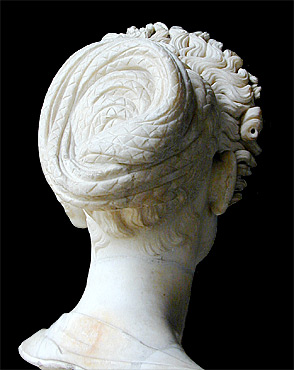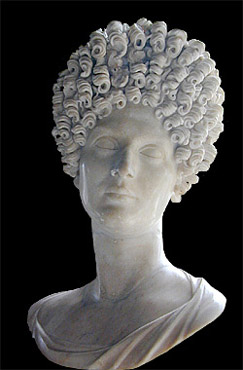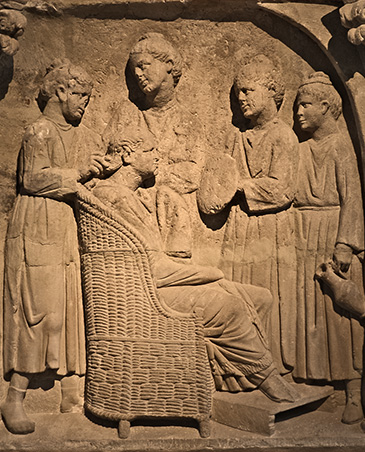Debate: Nasty, NastyLast evening Michigan’s Democratic Governor, Jennifer Granholm, faced her Republican challenger, Dick DeVos, in the first of several televised political debates. This occurred at the end of a terrifying day filled with news of yet another school shooting–this time in peaceful Amish country–Lancaster County, Pennsylvania. After much rancorous mudslinging, each opponent was asked in conclusion to name an interesting fact about themselves. Granholm’s answer appalled me so that I do not remember what DeVos offered. And it is in response to her quip that I must take a stand and make a political comment.
With a cutsie look and a twinkle in her eye, she gave her interesting fact, “Before my husband met me, he wanted to be a priest.” Several awful possibilities immediately traipsed through my mind;
• her husband had so little character that he could not stand on his convictions
• she lured him from his faith by enticing him with her wiles
• she set her cap for him, even though he had expressed his desire to serve God–but wait–she doesn’t wear a cap
And maybe that’s the problem–she is not in subjection to God or man [her husband] and as a result, flaunts the desire of every Catholic family in Michigan, let alone the country or the world–that desire to have a son of the family serve God in the priesthood.
1 Timothy 2:1-31 I exhort therefore, that, first of all, supplications, prayers, intercessions, and giving of thanks, be made for all men; 2 For kings, and for all that are in authority; that we may lead a quiet and peaceable life in all godliness and honesty. 3 For this is good and acceptable in the sight of God our Savior;
And so, Governor, I pray that you will
• lead a peaceable life
• let your hair grow
• and cover it to redeem yourself from shame






